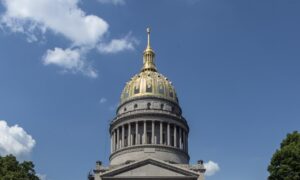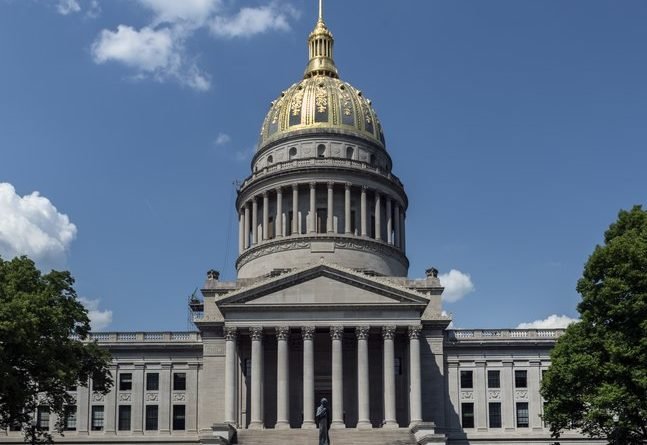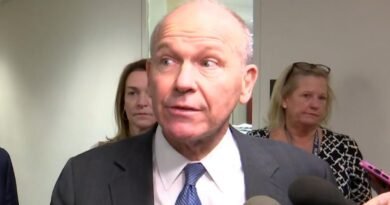West Virginia Passes Law Restricting ‘Substantial’ Government Intervention in Religious Freedoms

Jim Justice, the Republican Governor of West Virginia, has signed into law a bill seeking to protect religious freedoms from unnecessary government interference.
The “Equal Protection for Religion Act” was passed in the Republican-led Senate by a vote of 31-3 last week and signed into law by Justice on Thursday. The bill (pdf) prohibits the state from imposing any action that can “substantially burden a person’s exercise of religion” unless such an action is “essential to further a compelling governmental interest.” Even if such an action is imposed by the state, it must be “the least restrictive means of furthering that compelling governmental interest.”
The state is prohibited from treating religious conduct “more restrictively” than other conduct that might have “reasonably comparable risk.” Religious conduct should also not be more restricted than comparable conduct due to any “alleged economic need or benefit.”
Individuals whose rights—as outlined in the bill—are violated can resort to judicial or administrative proceedings. They can seek injunctive or declaratory relief together with reimbursement of costs and reasonable attorney fees.
“Citizens should not be left defenseless when their government attempts to burden their ability to live and worship according to their faith,” Greg Chafuen, legal counsel for the Alliance Defending Freedom (ADF), said in a March 9 statement.
“The law doesn’t automatically decide who will win every disagreement, but it does ensure that every West Virginian—regardless of belief system or political power—receives a fair hearing when government action forces a person to violate his or her religious beliefs.”
Protecting Religious Rights
The bill’s critics insist that the “Equal Protection for Religion Act” will pave way for discriminatory behaviors. Cabell County Democrat Sen. Mike Woelfel noted that the bill’s language will allow discrimination against religious minorities and the LGBT community. He predicted the bill won’t hold up when it goes to court.
Sen. Amy Grady, a Republican supporter of the bill, said that there is a lot of misinformation circulating about the “Equal Protection for Religion Act” and that the bill is “not going to harm the people of West Virginia.”
“The bottom line is we shouldn’t punish someone for practicing their religion unless there’s a very good reason to do so,” she said, according to AP.
At least 23 other states have passed similar laws to protect religious rights. These laws are largely inspired by the Religious Freedom Restoration Act which was signed into law by President Bill Clinton in 1993 that empowers Americans to challenge federal rules interfering with religious beliefs.
Cracking Down Religious Freedom On Campuses
West Virginia’s push to protect religious freedoms comes as the Biden administration is looking to revoke a Trump-era regulation that sought to preserve these rights in colleges.
In response to an executive order by Trump called “Improving Free Inquiry, Transparency, and Accountability at Colleges and Universities,” the Department of Education formulated a new rule in 2019.
The rule sought to suspend federal funding to colleges that were found to be impeding the activities of religious organizations on campuses. It went into effect in November 2020. After Biden came into power in 2021, the DOE announced that it was reviewing this rule.
In a Feb. 21 post, Nasser H. Paydar, DOE’s assistant secretary for Postsecondary Education, said that the agency is proposing to “rescind a portion of the regulation related to religious student organizations because the Department believes it is not necessary in order to protect the First Amendment right to free speech and free exercise of religion given existing legal protections.”
In a September 2020 post, Keisha Russell, a counsel at non-profit First Liberty, had pointed out that the Trump-era rule is “necessary and important” to protect students of all faiths on campus.
In the past few decades, some public universities have “effectively evicted religious organizations” from campus by blocking them from communicating with students. Such universities impose stricter standards on religious groups when compared to other student groups, Russell noted.
“Fortunately, because of the administration’s Final Rule, public institutions risk losing federal funding if they bully religious organizations into abandoning their religious beliefs in order to have a presence on campus,” she said at the time.




